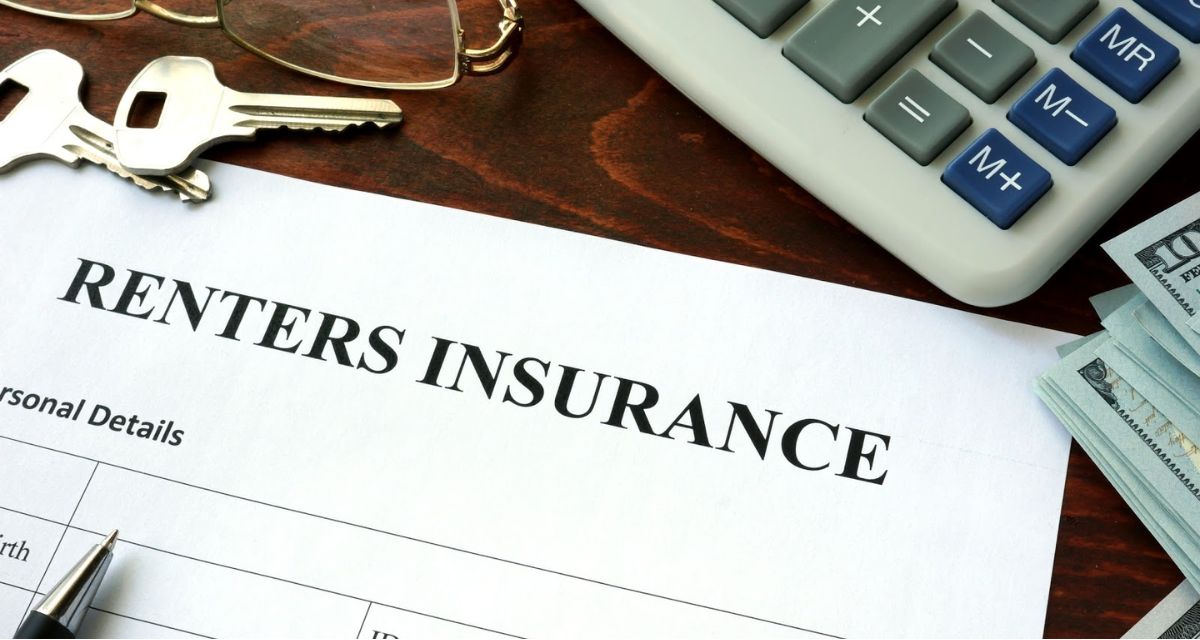Renting a home offers a sense of independence and flexibility, but it’s essential for tenants to recognize the importance of safeguarding their possessions and personal liability. Renters insurance serves as a crucial financial safety net, offering protection against unforeseen events. In this comprehensive guide, we will delve into the ins and outs of renters insurance, covering its significance, key components, considerations when choosing a policy, and the overall benefits it provides to tenants.
Understanding Renters Insurance
- Personal Property Coverage:
- Renters insurance protects tenants’ personal belongings, including furniture, electronics, clothing, and other valuables, in the event of covered perils such as theft, fire, or vandalism.
- Liability Coverage:
- This component safeguards tenants against legal and financial consequences if someone is injured within the rented property. It also covers damage caused by the tenant to the property of others.
- Additional Living Expenses (ALE) Coverage:
- In situations where the rented property becomes uninhabitable due to a covered event, ALE coverage helps tenants with temporary living expenses, such as hotel stays or rental costs.
The Significance of Renters Insurance

- Protection Against Personal Property Loss:
- Renters insurance ensures that tenants can recover the value of their personal belongings in case of theft, fire, or other covered incidents, mitigating the financial impact of such losses.
- Liability Protection:
- Tenants are shielded from potential legal and financial repercussions if someone is injured on the rented premises or if the tenant accidentally damages someone else’s property.
- Peace of Mind:
- Renters insurance provides tenants with peace of mind, knowing that their personal belongings are covered and that they have financial protection in the face of unexpected events.
Key Considerations When Choosing Renters Insurance
- Coverage Limits:
- Tenants should carefully assess the value of their possessions to determine appropriate coverage limits. Underestimating the value may result in inadequate compensation in case of a loss.
- Understanding Covered Perils:
- Different policies may cover different perils. Tenants should be aware of the covered events and any exclusions in their renters insurance policy.
- Inventory Documentation:
- Keeping an inventory of possessions, including photographs and receipts, can facilitate the claims process by providing documentation of the items covered under the policy.
- Liability Coverage Limits:
- Tenants should consider their personal liability risk and select coverage limits that align with their potential exposure to legal and financial liabilities.
- Bundling Policies:
- Renters may qualify for discounts by bundling renters insurance with other insurance policies, such as auto insurance. Exploring bundled options can result in cost savings.
Cost of Renters Insurance
- Affordability:
- Renters insurance is generally affordable, with costs varying based on factors such as location, coverage limits, and the tenant’s claims history.
- Discount Opportunities:
- Tenants can explore potential discounts, such as those for security features (e.g., smoke detectors), bundling policies, or having a good credit score.
Benefits Beyond Personal Property Protection
- Temporary Living Expenses:
- ALE coverage ensures that tenants have financial support for temporary living arrangements if their rented property becomes uninhabitable due to a covered event.
- Legal Assistance:
- Renters insurance often includes coverage for legal expenses, providing assistance in case tenants face a liability lawsuit.
- Coverage for Belongings Outside the Home:
- Personal property coverage may extend to belongings outside the rented property, such as items in a storage unit or those taken on a trip.
Common Misconceptions About Renters Insurance
- Landlord’s Insurance Covers Tenant Belongings:
- Many tenants mistakenly assume that their landlord’s insurance will cover their personal belongings. In reality, landlord insurance typically only covers the structure of the building.
- Renters Insurance Is Expensive:
- Renters insurance is generally affordable, and tenants can tailor coverage to suit their needs and budget.
- Limited Coverage:
- Some tenants may believe that renters insurance provides limited coverage. However, it offers robust protection for personal property, liability, and additional living expenses.
Conclusion
In conclusion, renters insurance is a fundamental aspect of responsible tenancy, offering tenants financial protection, peace of mind, and assistance in times of need. Understanding the components of renters insurance, assessing coverage needs, and selecting appropriate limits are crucial steps for tenants to maximize the benefits of this essential safeguard. As tenants navigate the ins and outs of renters insurance, they empower themselves to protect their possessions, mitigate liability risks, and ensure a secure and worry-free rental experience.
